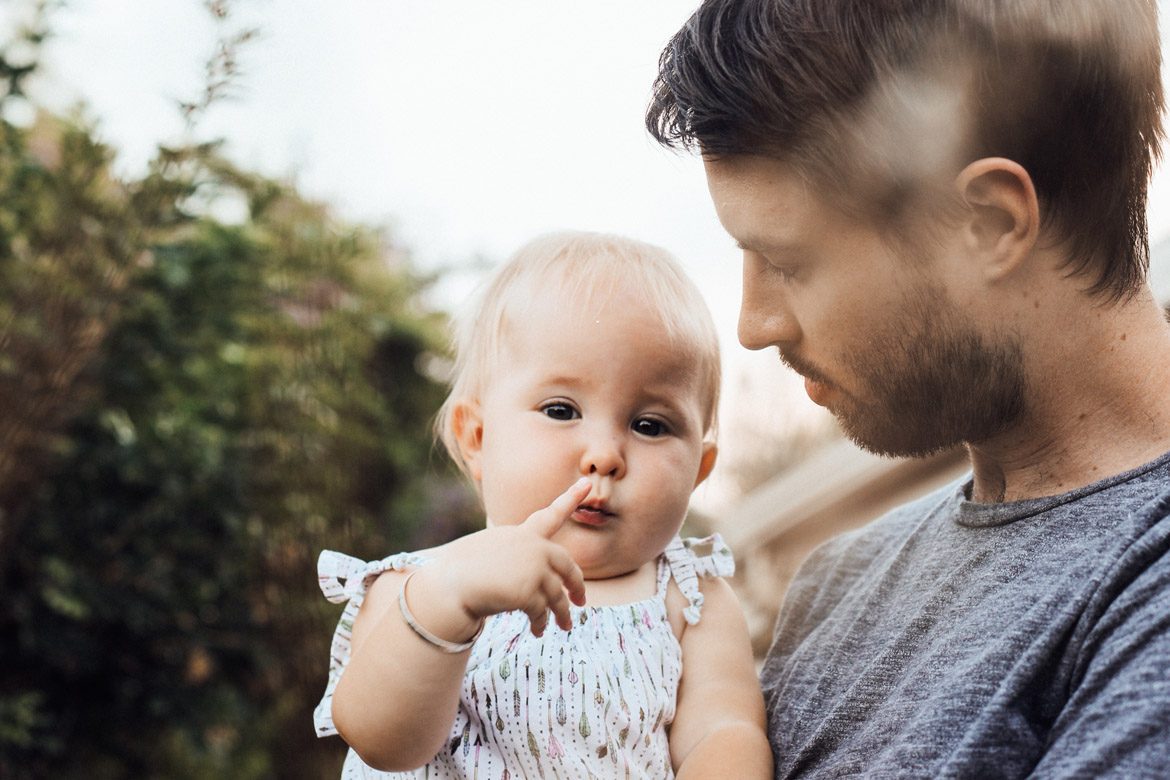By Genevieve Simperingham
Peaceful parenting – Is it even possible?
Why can’t I be more patient? Why is parenting so hard? You know how you want to parent. You want your child to consistently feel connected, cared for and understood. When you’re really connected, everything’s easier for you both, your natural parental instincts trump all the books ever written! You have a clear picture of the ideal. You also know you’re only human. But still, it’s heartbreaking when the reality of how you parent under stress is a far cry from that ideal.
Losing the plot.
But, life can be exhausting when your child’s behaviour is chaotic, aggressive, defiant and un-cooperative. It’s easy to bow to life’s pressures combined with your child’s valid but endless needs. Despite attempts to stay calm and organized, you regularly lose the plot, it feels like your child runs the show and you struggle to regain control!
The competition of needs.
To gain clarity, behaviour needs to be viewed within the context of the parent-child connection. Rather than, “How can I make my child…”, explore “What is everyone really feeling and really needing?” Parent and child both need support and the loving acceptance of their feelings. Most parents receive less support than they need, their emotional tanks are low, hence there’s less of those sweet feelings to give – the stuff that our kids really thrive on. The result is a competition of needs: “Listen to me”, “No, listen to me!”, “No, YOU listen to ME!” The stress builds resulting in compromised behaviour in parent and child alike: pleading, demanding, raised voices, arguments, rejection; more stress for everyone, on and on it goes.
Connection is the key.
None of us function at our best when stressed, especially when we lose the warm connection with our nearest and dearest. Criticizing ourselves or our children leads to more stress. Connection is the key factor. Children and parents alike crave connection.
Our children listen to us about as well as they feel listened to.
We listen to them about as well as we feel listened to. To break out of the vicious circle of unmet needs, listen to your needs and honour them. When you become frazzled, stop and bring your awareness inward to your feelings. Breathe. Emotions bubble to the surface, disengage from the battle with your child. Instead ask, “OK, how can I calm down, what do I need?” Re-focusing on your real feelings and needs will help you regain internal control and balance first. Only then can you help your child regain balance.
We listen to them about as well as we feel listened to. To break out of the vicious circle of unmet needs, listen to your needs and honour them.
Parents are still growing up.
When you honestly explore the origin of your reactions to your child’s big emotions, they often lead back to childhood hurts. Intolerance of our hurt feelings translates to being less tolerant of our child’s. Greater empathy for our own feelings translates to greater empathy for our child’s. Dr Daniel Siegel PhD, expert in attachment and neuroscience tells us: “With the resolution of our own issues comes greater choices and flexibility in how we respond to our children.”
Loved people love people.
Coming to peace with your difficult feelings, allows you to better relate to and care for your child’s difficult feelings like anger and sadness, that drive their off track behaviour. Actually the more we can accept these difficult feelings, the less likely it is that big feelings become a big problem.
Greater empathy for our own feelings translates to greater empathy for our child’s.
Listening heals.
You may be thinking, “OK, I get that difficult feelings can drive problem behaviour, but are you advocating rewarding bad behaviour with loving attention?” Yes, even when setting limits: “I can’t let you hurt your brother,” your child needs your help, “but I can see your frustration and I’m right here helping you with those big feelings.” When children start to trust that we can cope with and soothe their frustrations, they soon bypass taking their anger out on others and instead seek to meet their needs more directly. They trust that you’ll really listen. Your listening soothes those cranky irritable feelings that are so uncomfortable in their little bodies, and that lead to all the problems.
What brings you back to balance?
For some it’s nature, dates with partner, fun with friends, gardening, art, non-judgmental listening or meditation can be a saving grace. Feeding your soul brings you more happiness. And happy parents are awesome, generous and loving parents!
“Smiles and positive looks are the most vital stimulus to the growth of the social, emotionally intelligent brain.” – Dr. Allan Schore (leader in field of attachment research)
For constructive parent coaching, contact Genevieve or Dan at www.peaceful-parent.com. A great resource for parents is our Stress Relief for Parents CD, it helps parents relax, de-stress and practice self-regulation.
See next page for more…











